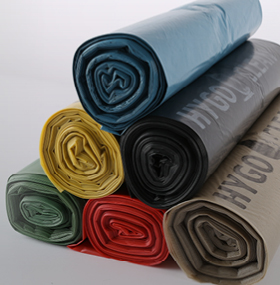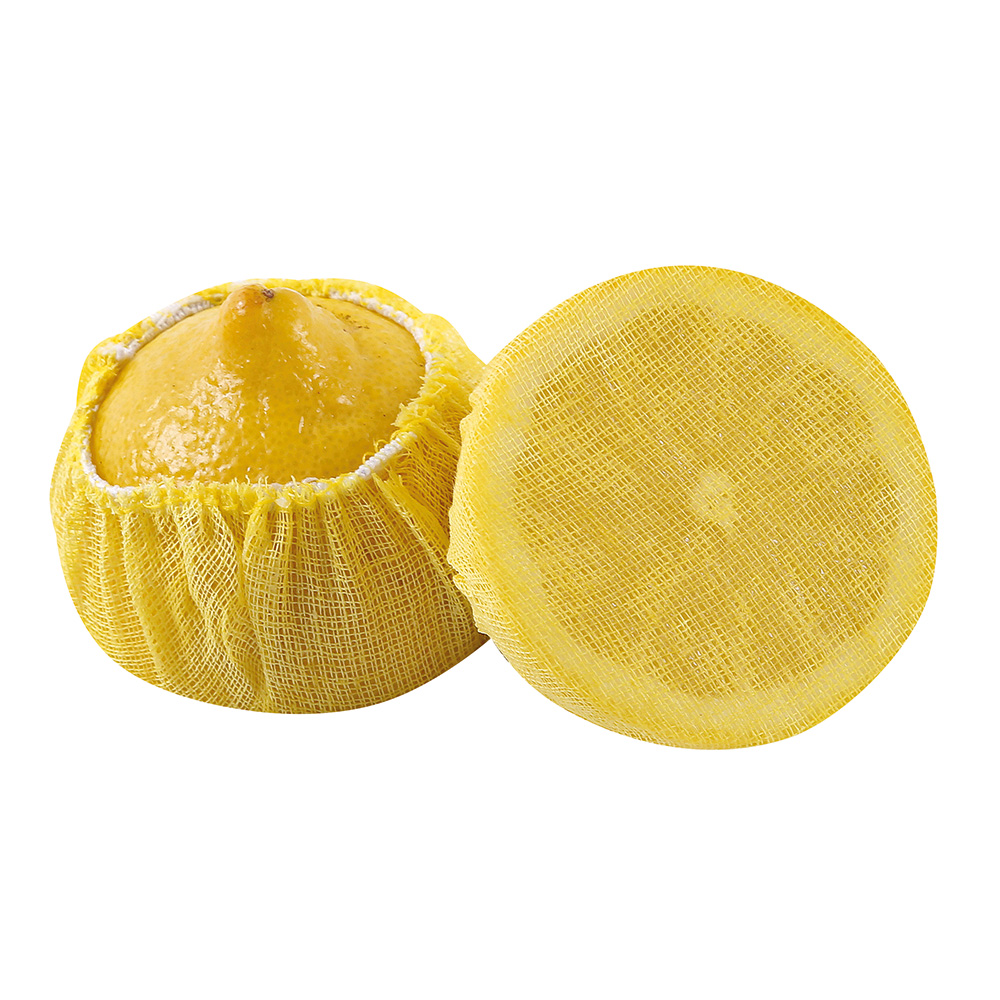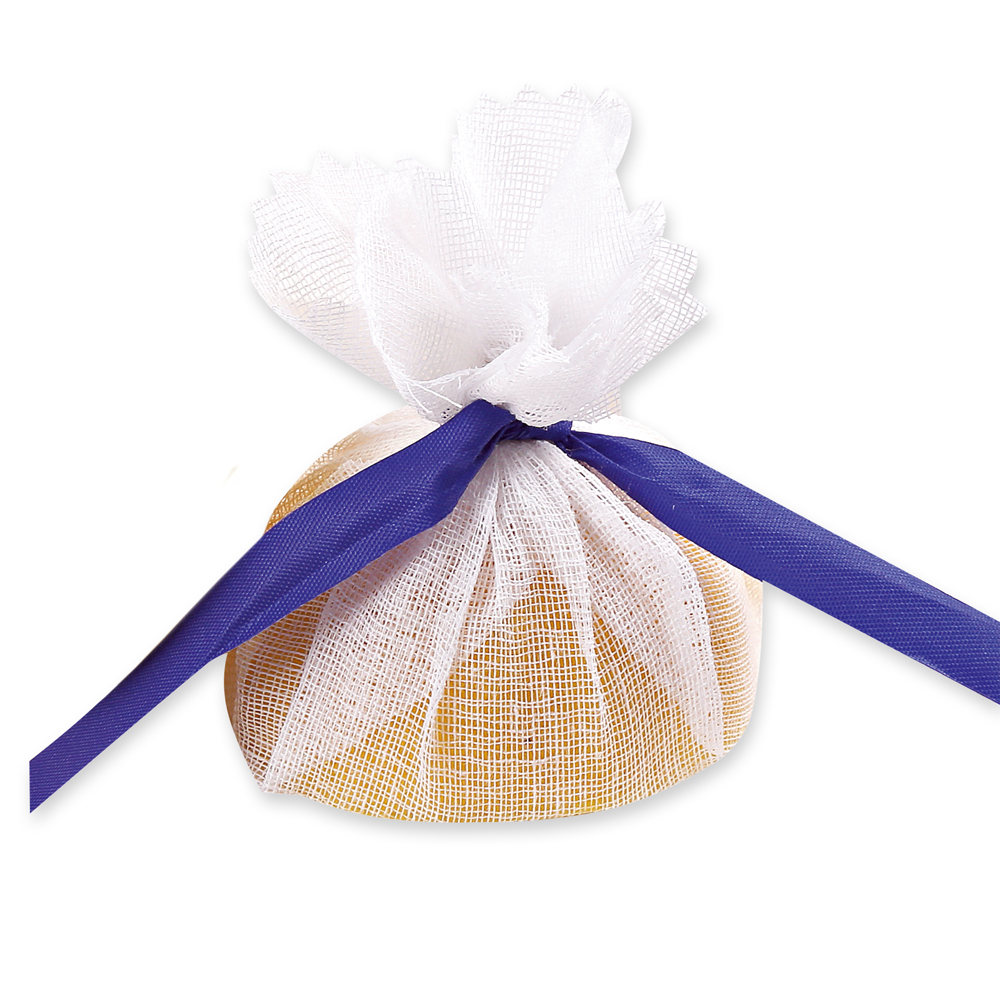Lemon Wrap "Stretch" | Cotton


Lemon Wrap "Stretch" | Cotton
- cotton gauze, with sewn-in elasticated band
- to wrap and cord lemon or lime halfes, non slip
- prevents juice splashes and pips from falling out
- very decorative
Properties
| Type of inner packaging: | PE |
|---|---|
| Type of outer packaging: | cardboard |
| material: | Paper |
Certifications / Standards
| food safe |
Overview all norms of Lemon Wrap "Stretch" | Cotton

Download all documents for your product here:
For completed orders you can also download all documents collected in the order overwiev !
Questions & Answers
Here we have summarized the most frequently asked questions and answers about this product. If you still have questions about the product or our online store and its use, please take a look at the FAQ's or contact us directly via e-mail or telephone - we will be happy to advise you!

 Disposable gloves
Disposable gloves


 Head protection
Head protection

 Patient care
Patient care

 Cleaning agents
Cleaning agents

 Kitchenware
Kitchenware
 Service gloves Quick&Clean
Service gloves Quick&Clean

 Organizing systems
Organizing systems

 Bio disposable tableware
Bio disposable tableware

 Infection protection
Infection protection
 Product highlights
Product highlights

 Ansell
Ansell
 Hotel, restaurant & catering
Hotel, restaurant & catering

